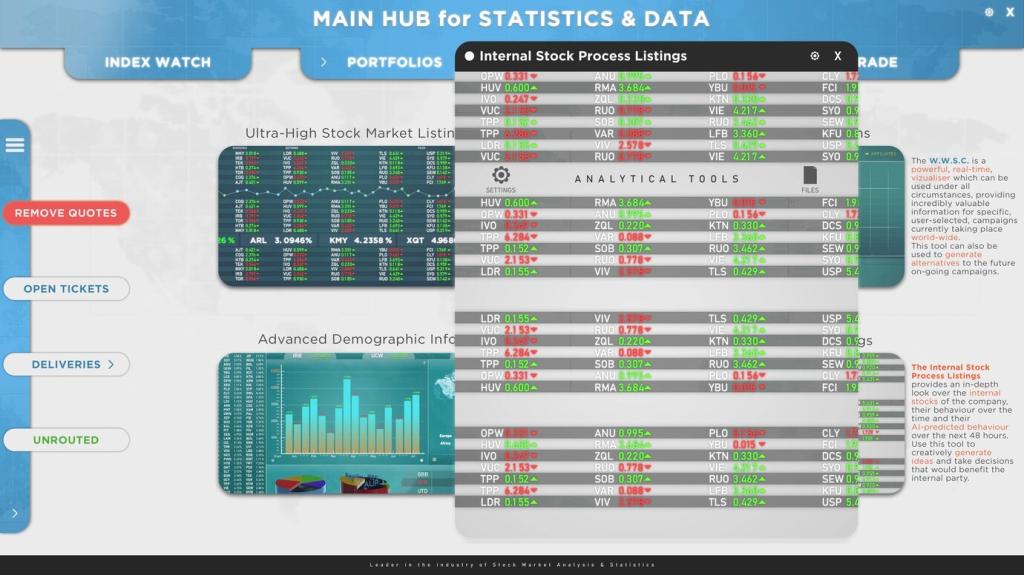Legal Safeguards That Stand Up When It Counts
Common mistakes include invalid witness requirements, inconsistent beneficiary designations, and outdated forms that contradict your intentions. Advisors spot those hazards early, aligning documents and asset titling so the plan functions smoothly without unexpected detours through avoidable problems.
Legal Safeguards That Stand Up When It Counts
Estate and probate laws vary by state and do change. An advisor keeps your plan compliant with local requirements—like notarization rules, homestead protections, or spousal rights—so it remains enforceable and appropriately tailored if you move or your family situation shifts.








